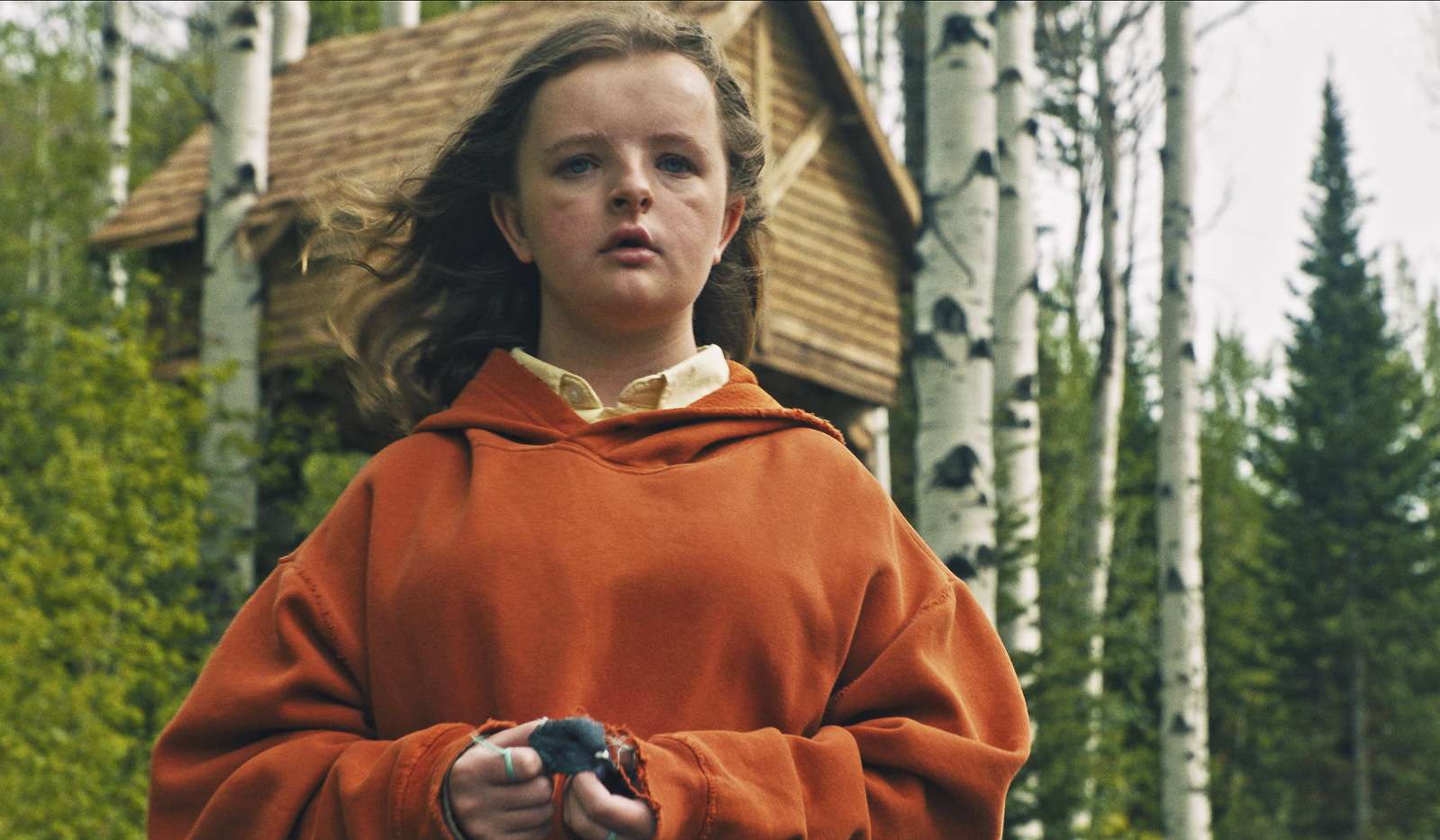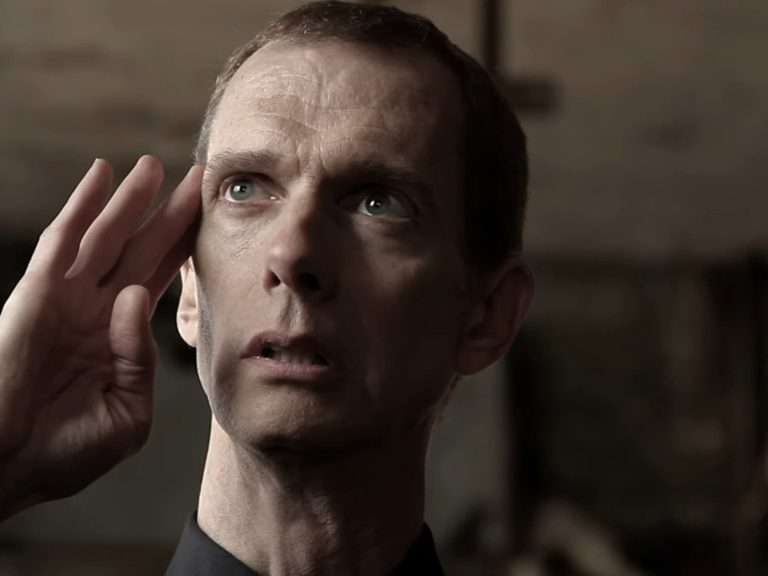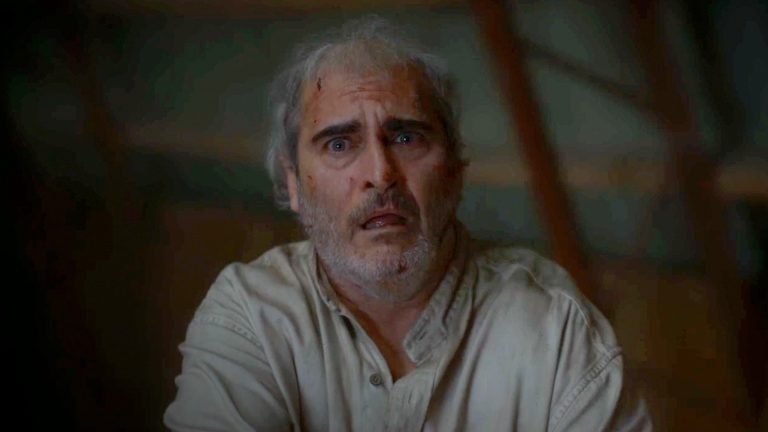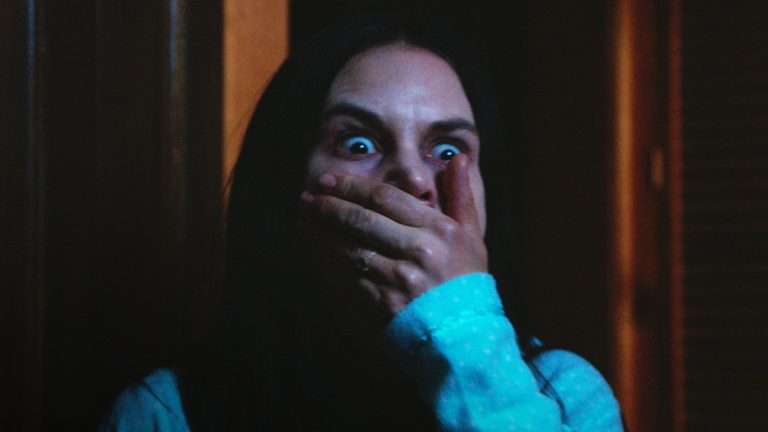Related to Hereditary Ending: New Trinity in Horror Cinema: Ranking the films of Robert Eggers, Ari Aster and Jordan Peele
A delve into the nuances and intricacies of the narrative warrants a change of perception regarding the same and coaxes the viewers to hold the movie as a yardstick against which deeper and complex emotions, as well as the frailties of human nature, can be measured. Yes, Hereditary is more than a story of mishappenings meted out to the Graham family for using Peter as a ‘perfect vessel’/ the perfect host for Paimon, an elaborate scheme planned by the family’s matriarch and posthumously and successfully undertaken by her comrades.

The movie shows Ellen’s daughter Annie Graham, her husband, and two children Charlie and Peter attending Ellen’s funeral at the very beginning of the film. In a short span of time, the viewers are introduced to a ‘mentally challenged’ Charlie (later revealed to have been possessed by Paimon), a relatively standoffish Peter, lack of affection between mother and son albeit the father’s caring attitude towards everyone. The ingredients of a dysfunctional family are on the verge of actualization and the nascent point of the manifestation of this dysfunctionality is Charlie’s “accidental” decapitation. The focus here will be less on the Graham family and more on the entourage behind undertaking the key task of placing Paimon inside Peter’s body.
The presence and participation of a substantial proportion of strangers at Ellen’s funeral paying respect to her dead body and grinning at Charlie constitute a striking sight. The viewers are cajoled into linking the scene’s significance with the experiences of the Graham family and the gradual unfolding of the tumultuous relationship between Annie and her mother gives a transient assurance of Ellen having enjoyed the company of friends in the twilight of her life. The refutation of this conjecture was provided by Joan, a noteworthy character that played a seminal role in the unfolding of major events in the latter half of the story. Her friendship with Annie and intense manipulation to perform séance for contacting Charlie set the stage for the subsequent miseries and bone-chillingly macabre episodes of which the family becomes the primary and sole victims.
Throughout the movie, dependence on the ‘outsiders’ plays a crucial role. This is particularly applicable in Annie’s case whose intermittent yet thorough investment in the ‘strangers’ for respite (be it self-help groups or Joan’s advice) make her a tinier proportion of the broader narrative that rests upon greed and power for attaining their ultimate objective that is, finding a male host for Paimon. The logic distorts the seemingly central role of the Graham family by placing the members at the mercy of Joan and Ellen’s companions, the ardent followers of Paimon. The ending of the film, illustrating an act of obeisance to Paimon (or Peter), unraveling the secrets and justifying the unexpected twists in addition to revealing the identity of the perpetrators also unveils the possible reasons; greed for wealth and power constituting some of them.
Also Read: Our Other Hereditary Explainer
This invites the question- what did the followers intend to achieve by carrying out the trail of murders and choosing a ‘perfect male host’ for Paimon? Amassing huge proportions of wealth and power have been relentlessly hinted at throughout the movie as the primary causes. On rummaging Ellen’s effects, Annie found letters by the former with the phrase, “Our Sacrifices will pale next to the rewards”. The nature of the rewards has been discovered by Annie in the latter half of the movie in the Invocation Book showing a person sitting atop a mound of treasure with the caption beneath reading, “Riches to the Conjurer”.
Upon the successful possession of Peter’s body and completion of his crowning, Joan asks Paimon (Peter/ Charlie) to give her and the followers, “knowledge of all secret things, honor, wealth and good families”. A thorough analysis of the film provides an insight into how greed, fulfillment of self-interests, and hunger for megalomania constitute the movie’s horror undertones clouded by a supernatural presence, Aster portrays characters like Joan and Pele (in his later film, ‘Midsommar’) to emphasize the potentials of excessive faith and emotional manipulations in achieving absolute obliteration and excessive gain. Peter’s fate at the end of the film ensured by a successful undertaking of the scheme is a testimony to the claim.






